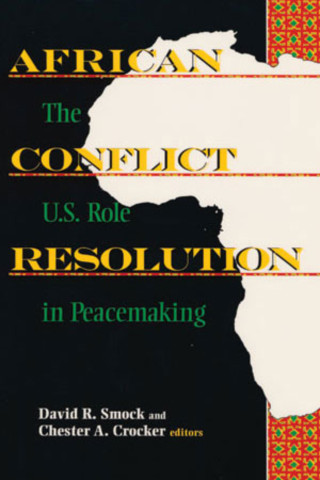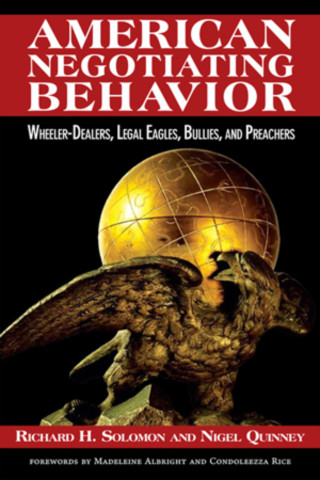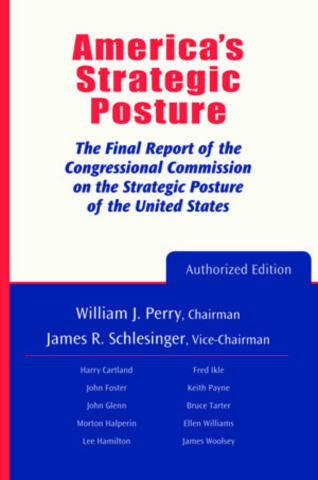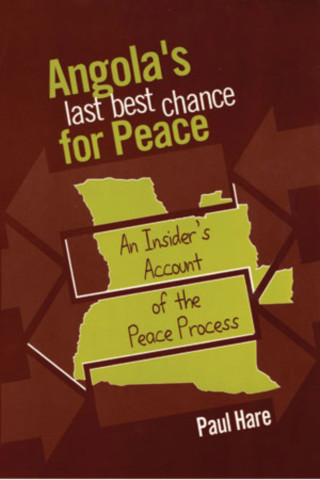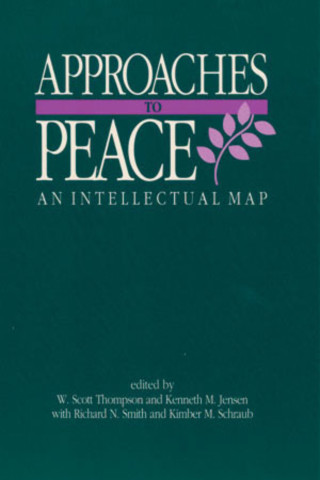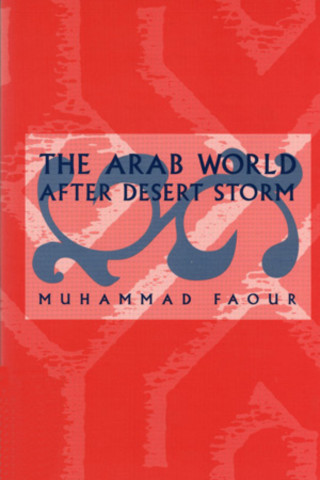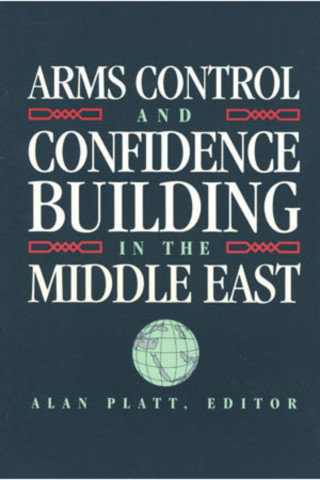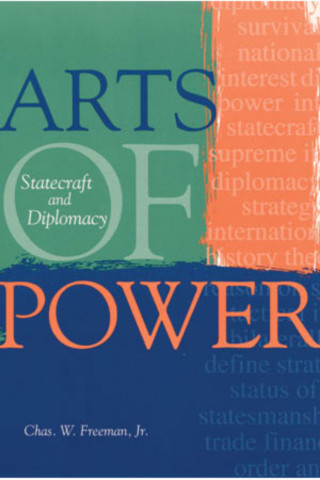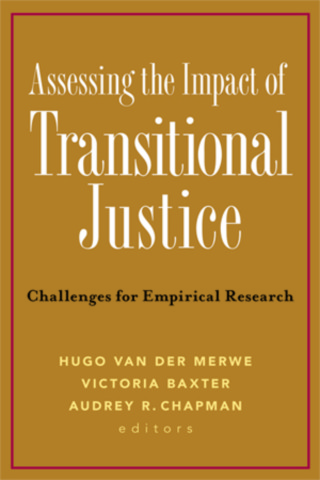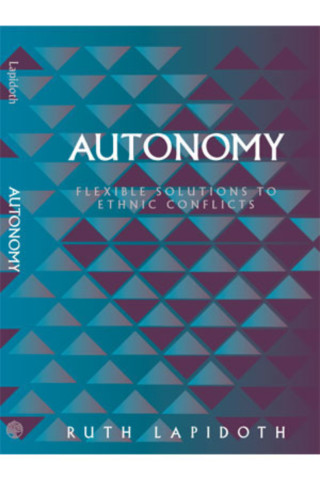Catalog
- Sort by
When Somali gunmen killed 18 American Rangers in Mogadishu on October 3, 1993, public and congressional support for the American and UN missions in Somalia dropped dramatically. In fact, U.S. policymakers began to rethink commitments to peacemaking in Africa in general.
Nevertheless, many African and U.S. specialists on African affairs--including the contributors to this volume--strongly urge the United States to continue active engagement with Africa and creatively support African initiatives to manage and resolve their own conflicts.
This book brings together nine specialists from Africa and the United States--including former diplomats, academics, policymakers, and policy analysts--to assess ways to enhance the U.S. contribution to African efforts to prevent, manage, and resolve violent conflicts.
The contributors conclude that U.S. initiatives can take a variety of forms and need not involve American troops. There is a new African willingness to assume responsibility, but African instutional and fanancial capabilities are severely limited. African initiatives therefore have little chance of success without significant and sustained international, and particularly American involvement.
Informed by discussions and interviews with more than fifty seasoned foreign and American negotiators, this landmark study offers a rich and detailed portrait of the negotiating practices of American officials. Including contributions by eleven international experts, i assesses the multiple influences—cultural, institutional, historical, and political—that shape how American policymakers and diplomats approach negotiations with foreign counterparts and highlights behavioral patterns that transcend the actions of individual negotiators and administrations.
For more than eleven months this bipartisan commission of leading experts on national security, arms control, and nuclear technology met with Congressional leaders, military officers, high-level officials of several countries, arms control groups, and technical experts to assess the appropriate roles for nuclear weapons, nonproliferation programs, and missile defenses. This official edition contains a discussion of key questions and issues as well as the Commission’s findings and recommendations for tailoring U.S. strategic posture to new and emerging requirements as the world moves closer to a proliferation tipping point.
A behind-the-scenes account of the negotiation and implementation of the 1994 Lusaka Protocol.
A comprehensive, one-volume exploration of the peace and security field, this volume presents detailed investigations of four major approaches employed in the study of conflict and peacemaking.
The book functions as a reliable overall introduction and guide to international Arab politics.
Nine experts examine the East-West arms control experience to Identify lessons that could be applied to the Middle East.
In this comprehensive treatment, distinguished diplomat Chas Freeman describes the fundamental principles of the art of statecraft and the craft of diplomacy.
In Assessing the Impact of Transitional Justice, fourteen leading researchers study seventy countries that have suffered from autocratic rule, genocide, and protracted internal conflict.
From Chechnya to Bosnia, from the Kurds to the Palestinians, demands for separatism are fueling bitter and bloody conflicts. Yet, as this innovative study demonstrates, disputes between central governments and independence-minded minorities need not always escalate into violence and secession. Autonomy, by virtue of its essential adaptability, can offer a workable and peaceful compromise.
Ruth Lapidoth first dissects the concept of autonomy, exploring its origins, examining the roles it can play, and distinguishing among its types. With scrupulous objectivity, she then presents more than a dozen richly documented case studies of autonomy in action. Drawn from four continents and detailing failures as well as successes, these studies underline autonomy’s variety and versatility. Lapidoth’s pragmatic approach and impeccable scholarship frame the issues and lay out the factors likely to foster successful outcomes.

